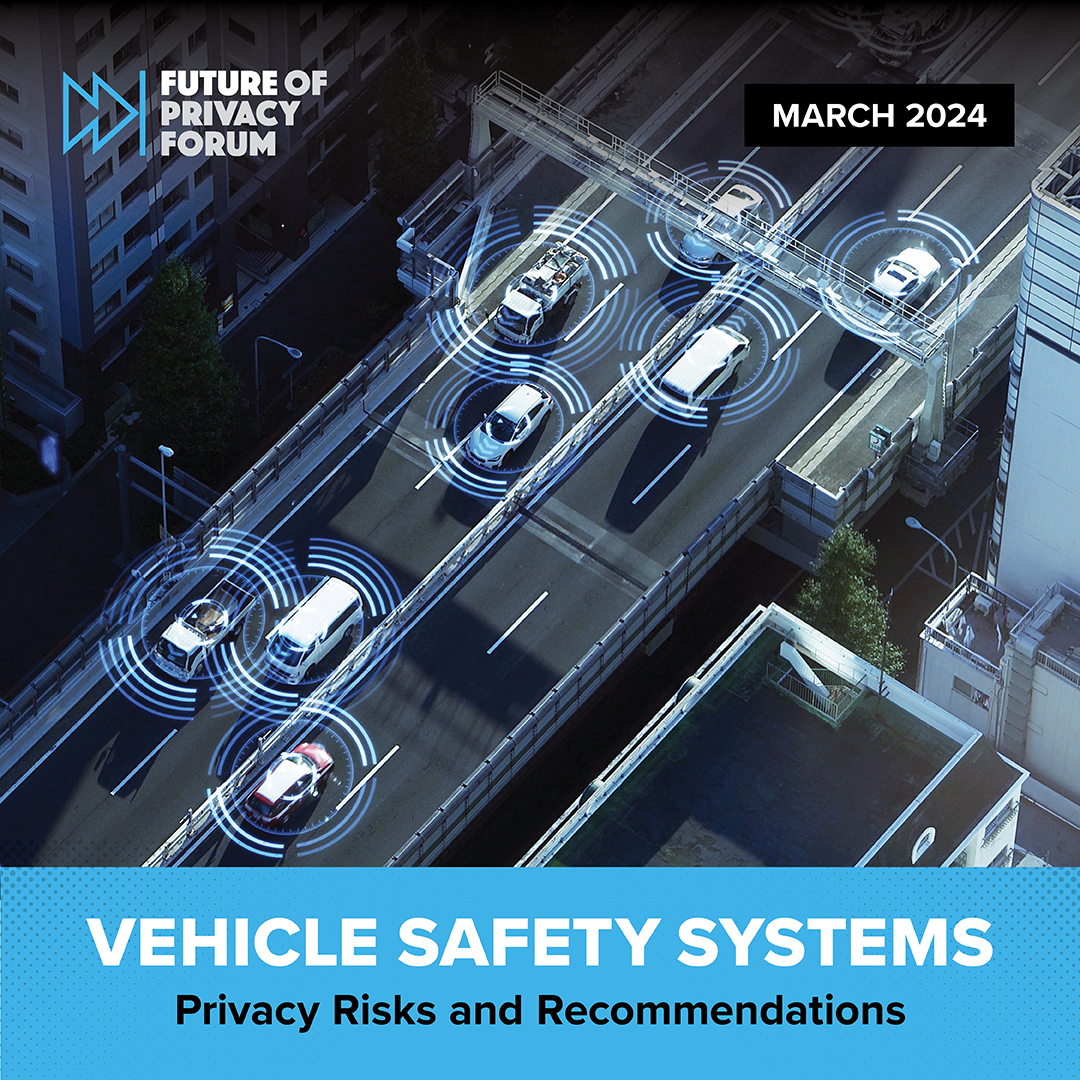
FPF Develops Checklist & Guide to Help Schools Vet AI Tools for Legal Compliance
FPF’s Youth and Education team has developed a checklist and accompanying policy brief to help schools vet generative AI tools for compliance with student privacy laws. Vetting Generative AI Tools for Use in Schools is a crucial resource as the use of generative AI tools continues to increase in educational settings. It’s critical for school […]

The Old Line State Does Something New on Privacy
On April 6, the Maryland Senate concurred with House amendments to SB 541, the Maryland Online Data Privacy Act (MODPA), sending the bill to Governor Moore for signature. If enacted, MODPA could be a paradigm-shifting addition to the state privacy law landscape. While recent state comprehensive privacy laws generally have added to the existing landscape […]

China’s Interim Measures for the Management of Generative AI Services: A Comparison Between the Final and Draft Versions of the Text
Authors: Yirong Sun and Jingxian Zeng Edited by Josh Lee Kok Thong (FPF) and Sakshi Shivhare (FPF) The following is a guest post to the FPF blog by Yirong Sun, research fellow at the New York University School of Law Guarini Institute for Global Legal Studies at NYU School of Law: Global Law & Tech […]

FPF Celebrates 15 Years! Spring Social Marks Board Transition as Data Protection Leaders Toast to FPF’s Success
Leaders in Data Protection Take Center Stage at FPF’s Spring Social The week started with FPF’s 15th Anniversary Spring Social, where FPF CEO Jules Polonetsky thanked FPF’s Board Chair and Founder Chris Wolf, who served for 15 years, and welcomed FPF’s new Board Chair, Alan Raul. Three leading data protection regulators lauded FPF’s effectiveness in […]

Olivier Sylvain

Youth Privacy in Immersive Technologies: Regulatory Guidance, Lessons Learned, and Remaining Uncertainties
As young people adopt immersive technologies like extended reality (XR) and virtual world applications, companies are expanding their presence in digital spaces, launching brand experiences, advertisements, and digital products. While virtual worlds may in some ways resemble traditional social media and gaming experiences, they may also collect more data and raise potential manipulation risks, particularly […]

New Report Explores Privacy Implications of Driver Safety Systems
Report Offers Recommendations for Organizations Developing, Implementing, and Regulating Technologies Today, the Future of Privacy Forum (FPF) is releasing a new report explaining how safeguarding driver privacy and data protection will be critical to ensuring widespread acceptance of new safety technology in vehicles. This report comes as the National Highway Traffic Safety Administration (NHTSA) is […]

Protected: 15th Annual Advisory Board Meeting 2024
There is no excerpt because this is a protected post.

Privacy and the Rise of “Neurorights” in Latin America
Authors: Beth Do, Maria Badillo, Randy Cantz, Jameson Spivack “Neurorights,” a set of proposed rights that specifically protect mental freedom and privacy, have captured the interest of many governments, scholars, and advocates. Nowhere is that more apparent than in Latin America, where several countries are actively seeking to enshrine these rights in law, and some […]

Senior Digital Communications Manager/Digital Communications Manager
Salary Range: Senior Manager at $76,799 – $115,199 and Manager at $63,569 – $95,353 Location: Washington, DC, hybrid in the office at least two days a week. Candidate must have the right to work in the U.S. Reports To: Senior Director, Communications OverviewThe (Senior) Digital Communications Manager will play a vital role in amplifying FPF’s […]
